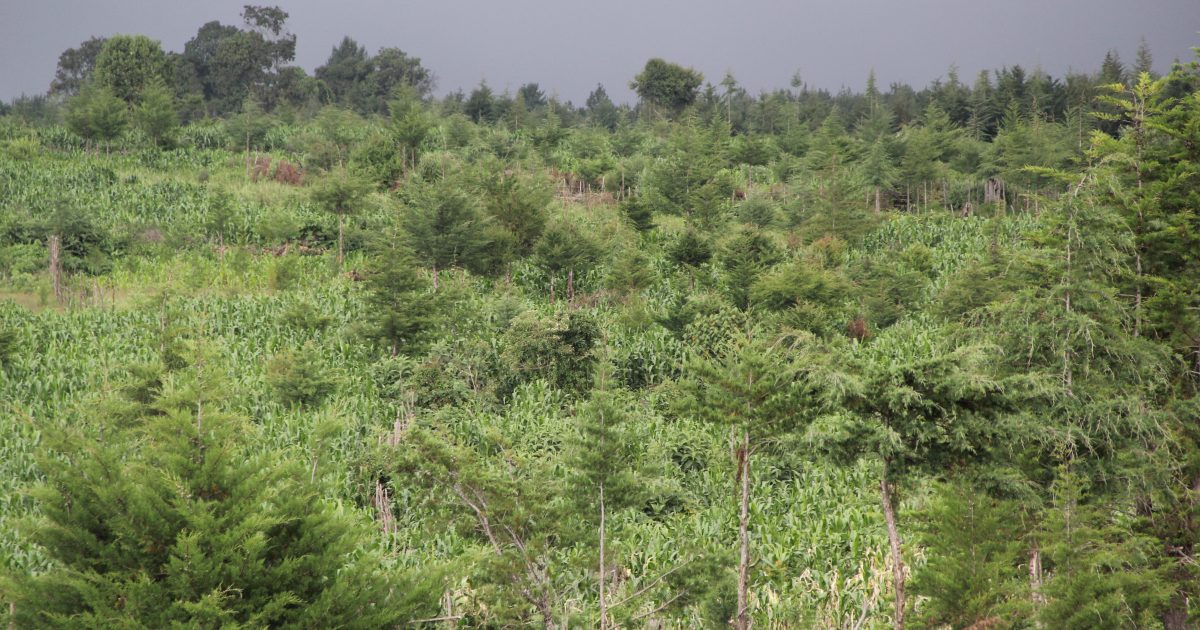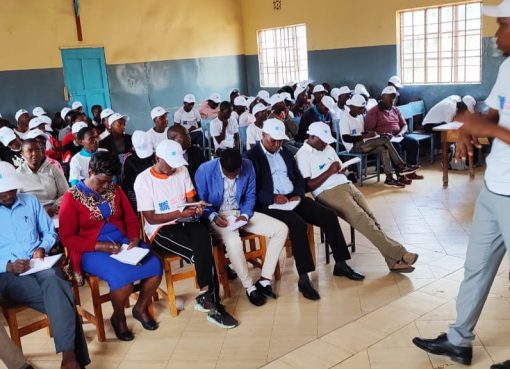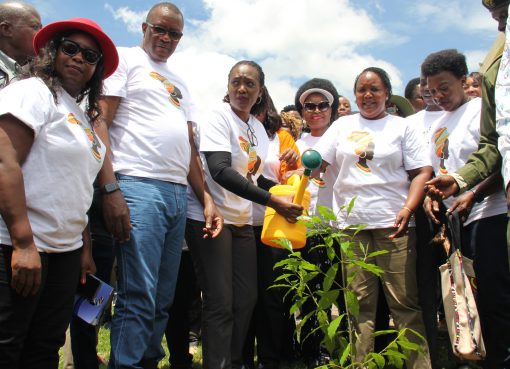Residents of Uasin Gishu County have lauded the government for its bold move to restore the old shamba system as a way of boosting food security and also conserving the environment by taking good care of the trees by the people identified to cultivate in government forests across the country.
Led by the County Forests Association (CFA) chairperson Duncan Kamau, the beneficiaries of the Shamba System said the government made a wise decision by opening up the forests for people to grow food crops as a way of supporting the livelihoods of vulnerable members of the society.
“On behalf of those who have been allocated farms in the government forests, we are very grateful, it has enabled us to get enough food and also gotten a place to graze our livestock, unlike before when our lives were too hard in terms of accessing basic needs like food and shelter,” said Kamau.
He urged government agencies concerned with forests to provide the communities with enough tree seedlings in order to grow as they cultivate and take care of trees in the forests, while supporting the government initiative to achieve the 30 percent tree cover by 2032.
“CFA is committed to working together with the national and county governments and other agencies in planting and taking care of trees,” he added.
Uasin Gishu County Forest Conservator (CFC) Joseph Kingori indicated that the Shamba System, now called Plantation Establishment and Livelihoods Improvement Scheme, is a programme under the office of the president geared towards improving livelihoods and the economy of the people, in line with the Bottom-Up Economic Transformation Agenda (BETA) of the government.
He noted that people given the farms in government forest include the very vulnerable and poor in the society, adding that they stay in one place for a period of 3 years as they take care of the seedlings and when trees grow, they move to other places.
“The programme has employed many people, like in Timboroa there is food throughout the year. The other day we also allowed logging for our saw millers as one way for creating jobs for our youth, who provide labour for the millers,” noted Mr. Kingori.
The conservator further pointed out that the trees which are cut for timber and other purposes are referred to as plantation crop, because they are planted with the aim of harvesting, adding that the initiative offered a big support in terms of providing raw materials for the local timber industry, which contributes to about 3.6 percent of the country’s Gross Domestic Project (GDP).
By Ekuwam Sylvester





